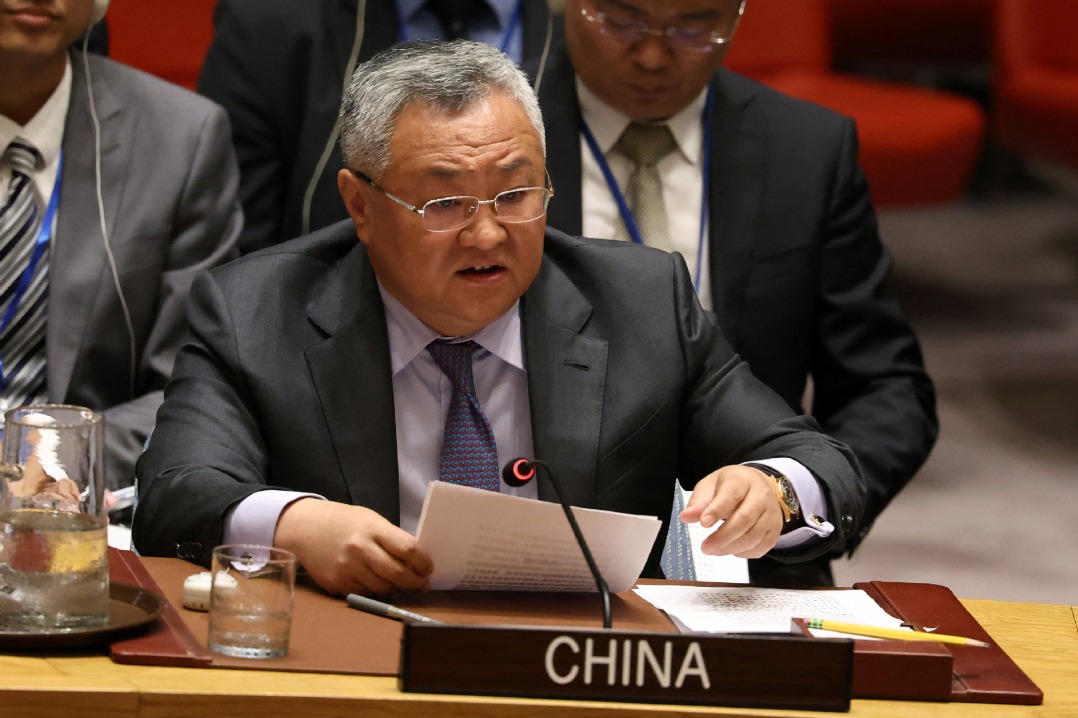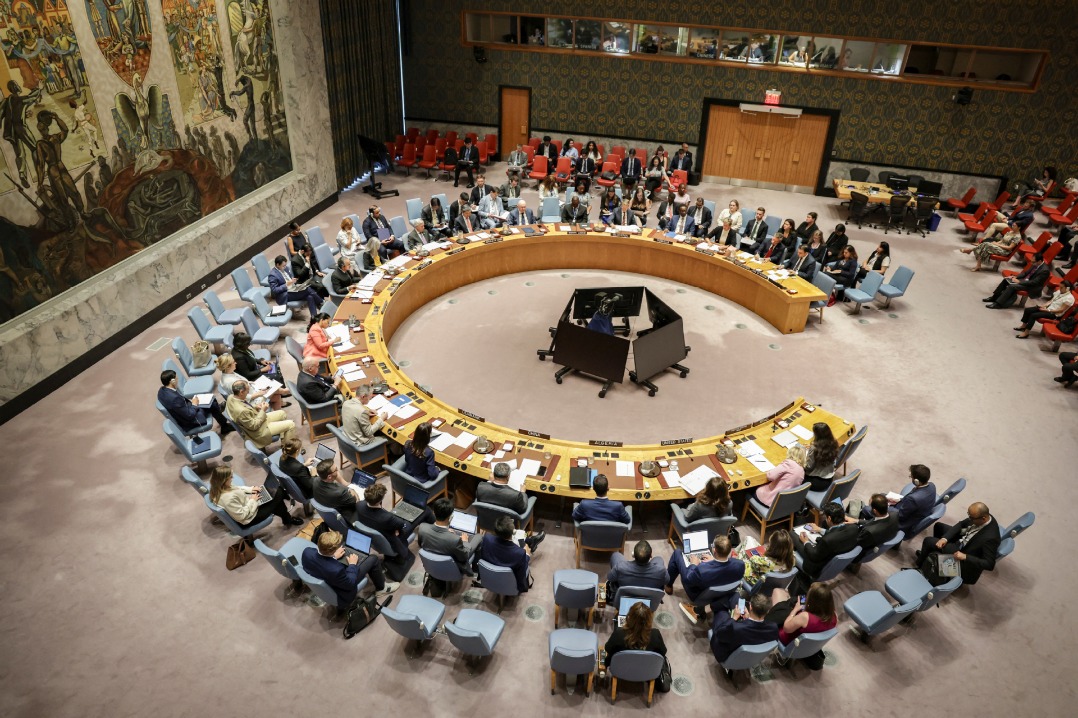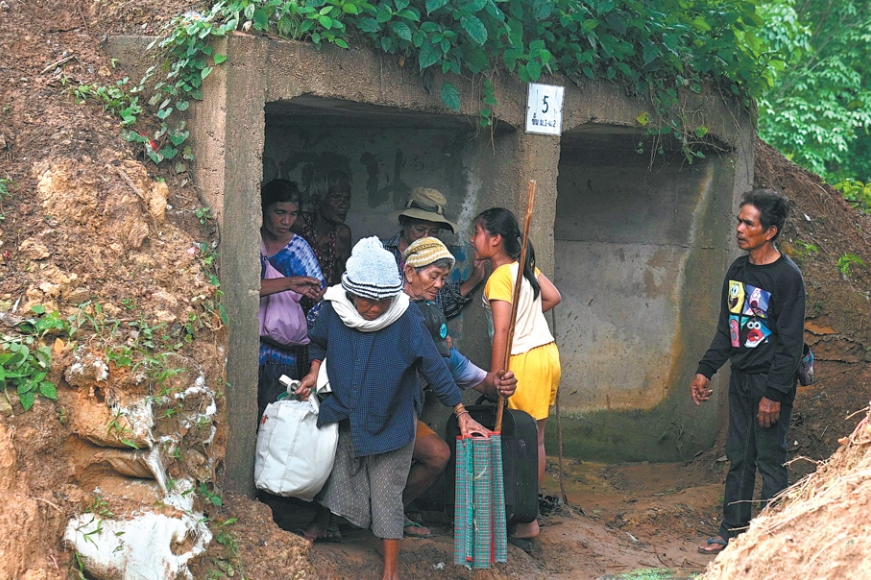StarTimes injects $1.9m in Kenya's local content development


StarTimes Media, a Chinese pay TV company, is investing Ksh200 million ($1.9 million) toward the development of local content in Kenya to be aired via a self-produced channel, dubbed Rembo TV.
The entertainment channel will focus mainly on reality television shows, targeting female audiences, with a language policy comprising of 60 percent Kiswahili, 30 percent English and 10 percent vernacular.
Speaking during the launch event on Monday, Andy Wang, the chief executive officer of StarTimes Media Kenya, said they have already partnered with over 30 Kenyan content developers.
"We want to play a significant role in encouraging and empowering the development of local content in Kenya. This will be another of our unique selling points that subscribers will find at StarTimes," he said.
Wang said the idea behind establishment of the channel, one of a kind in the East African country, was conceived after intensive research, planning, content analysis and development.
"Our core aim was to establish a platform that will strategically fill a gap existing in the Kenyan broadcasting sector, the lack of a channel dedicated to female audiences," he said.
Rembo TV will be available across three eastern African countries, namely Kenya, Tanzania and Uganda.
Timothy Owase, the chief executive officer of the Kenya Film Commission, said the continued investments in local productions are an indicator of the growth experienced in the industry.
He said the commission is aggressively working on positioning Kenyan productions to rival other competing industries specifically Tanzania and Nigeria.
"Rembo TV is a continuation of progressive efforts to not only grow viewership locally, but equally sustain the industry as a viable business opportunity for both content developers as well as artists," Owase said.
Dr. Ezekiel Mutua, the chief executive officer of the Kenya Film Classification Board, said it's encouraging to see more broadcast players taking local content production seriously, noting that it's key in enabling Kenyans in creative arts to professionalize their talents.
"Television continues to be a strong medium through which information, entertainment and education is pushed across diverse audiences. I am therefore impressed to see the introduction of a channel specifically targeting female audiences," he said.
Mutua said the board is committed to the development of arts and cultural information by creating, maintaining and updating appropriate resources while establishing strategic alliances, both local and international, toward the development, coordination, regulation and promotion of Kenyan heritage.
He said the film industry is a critical sector that has great potential to not only economically empower Kenyans, but also equally advocate for a socially responsible society.
"It is my hope that with such partners as StarTimes Media, we will further responsibly tell our rich stories while promoting our culture through such strong platforms that are broadcasting across continents," he said.
Francis Wangusi, director general of the Communication Authority of Kenya, said it's heartening that there are many platforms where the local artists can explore their creativity.
Wangusi said currently Kenya has 83 free-to-air TV stations and 16 subscription stations, including five internet protocol TV channels.
"All these platforms are in need of content, hence an opportunity for our artists and young creative minds to express themselves and be judged by the public," he said.
Wangusi lauded StarTimes for launching Rembo TV, noting that they have been challenging broadcasters to create a niche market where they can be identified.
He called on StarTimes to develop children's content, which will make them grow into responsible citizens as well as promote the industry to another level.
"I would also want to see an educational channel where professors would give lectures. We would like to emphasize education for proper growth of the community. I also want to challenge StarTimes to set up a production studio in Kenya, to be able to turn out excellent professionals into the market," Wangusi said.

































